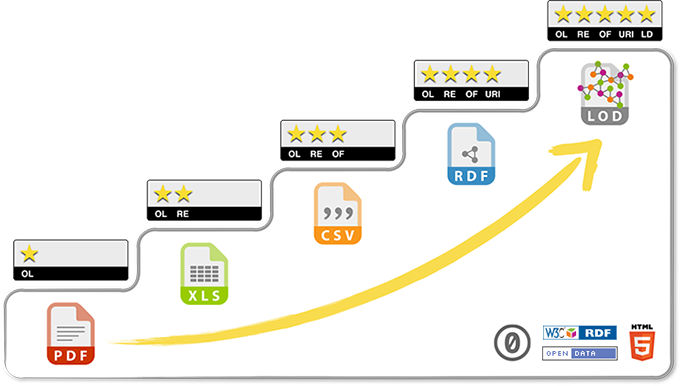. Cambiar la forma de cambiar para cambiar de manera autónoma y construir una nueva realidad (comunidad, región, nación) desde abajo y a la izquierda, como los zapatistas gustan decir. La autonomía no se logra por medio de la ‘captura del Estado’ sino recuperando del Estado las áreas claves de la vida social que ha colonizado. Crea ámbitos de acción que son autónomos del Estado y nuevos arreglos institucionales con ese propósito (como las conocidas juntas de buen gobierno en los territorios zapatistas). La autonomía pretende el establecimiento de nuevas bases para la vida social.
Para compartir el comienzo del Data Week.
Como la tecnología nos cambia, cambiamos la forma de cambiarnos.
